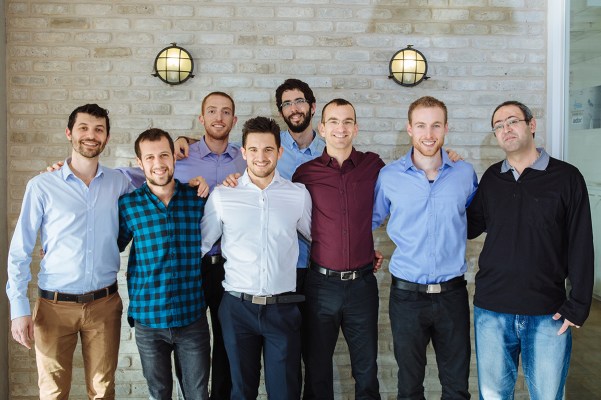We are probably still quite some way off from seeing Artificial Intelligence (AI) replace doctors, but there are already lots of proven use-cases where AI is being used to augment the medical profession. One proven area is in medical imaging where AI and computer vision is helping with medical scan and imaging analysis to help support radiologists and other clinicians.
One startup operating in this space is AIdoc Medical. The company has built what co-founder and CEO Elad Walach describes as an AI that can spot visual abnormalities in medical scans. The technology is designed to fit into a radiologist’s existing workflow to help make their job more efficient.
“Over the past few years, the amount of CT and MRI exams have increased dramatically, while the amount of radiologists have remained basically the same. This has led to medical image interpretation becoming a severe bottleneck in healthcare today,” he tells me. “We support the radiologists in this process. They are working extremely hard to handle the increasing demands, but there’s a limit to how much you can do with tools that are completely manual”.
The Israeli startup’s solution is an AI system that can look at an anatomical area and detect high-level visual abnormalities, based on what the radiologist would like to see. “Then, we augment the radiologist’s workflow, by giving the physician a preview of what is most relevant for interpretation,” explains Walach.
In terms of competitors, the AIdoc Medical CEO cites IBM Watson Health as its biggest, but says while the company is doing “amazing things,” its modus operandi is different. “IBM want to do the whole differential diagnosis, i.e. the interpretation process from end-to-end. To do that, you have to focus on a narrow pathology set,” he says.
In comparison, AIDoc Medical’s go-to-market approach is to offer something more basic but broad. “We understood that to really make a difference we cannot suffice in one or two pathologies. We have to be much more comprehensive than that… [and have] developed a new kind of deep learning technology that can detect high-level abnormalities”.
Another company in the space is Zebra Medical Vision, which, says Walach, is mostly focused on retrospective analysis of incidental findings. i.e. helping insurance companies detect abnormal patients that might need additional treatment after the fact.
I’ve also previously covered MedyMatch, a startup applying “deep vision and advanced cognitive analytics” to the analysis of medical imaging scans but focussing on the correct and speedy diagnosis of stroke victims.
Meanwhile, AIDoc Medical has closed a $7 million funding round led by Israeli VC TLV Partners, with participation from previous investors including Magma Ventures and Emerge. The startup plans to use the new capital to expand its core R&D team, customer success, and marketing teams both in the U.S. and in Israel.
“Advancements in AI by leading technology companies, the open sourcing of AI technology, the decrease in the price of compute power and the availability of digital data has set the scene for significant innovation through AI across several traditional industries”, said Rona Segev, Co-Founding Partner of TLV Partners. “We are happy to join Elad, Michael and Guy on their journey to capture the very large medical image diagnosis market.”
